You’re A Funny Ass Mofo!
Richard Franklin Lennox Thomas Pryor II (1940 – 2005)
Born on December 1, 1940 in Peoria, Illinois, Pryor grew up in his grandmother’s brothel. Like most kids growing up in poverty Richard experienced highs and lows.
Pryor began working as a professional comic in clubs throughout the Midwest. Inspired by Bill Cosby, Pryor went to New York in 1963 and gained recognition for his club work as a stand-up, performing on the same bill as such famous personalities as Bob Dylan and Richie Havens. While in New York, Pryor also garnered some mentorship from none other than the great Woody Allen. Soon, he began appearing regularly on television variety shoes such as The Ed Sullivan and The Tonight Show. His popularity led him to become a rather successful comic in Vegas.
In the 1970s, he wrote for such television shows as Sanford and Son, The Flip Wilson Show and a Lily Tomlin special, for which he shared an Emmy Award. Pryor also made an attempt to break into mainstream television during this period. He was a guest host on the first season of Saturday Night Live. Richard took long time girlfriend, actress-talk show host Kathrine McKee with him to New York, (sister of Lonette McKee) and she made a brief guest appearance with Richard on SNL. His “racist word association” skit with Chevy Chase is frequently cited by TV critics as one of the funniest and most daring skits in SNL history.
The Richard Pryor Show premiered on NBC in 1977, featuring guests LaWanda Page, John Belushi, The Pips (who performed a medley of their hits without any lead vocals), and a powerful dramatic performance by poet Maya Angelou. Pryor played his drunk “Willie” character, “Idi Amin Dada,” and a money grubbing television evangelist “Reverend James L. White” who gets donation phones ringing off the hook when he announces they’re collecting money for a “Back to Africa” campaign. He portrayed the first Black President of the United States and in another skit, used costumes and visual distortion to appear nude.
But after only four shows, the series was cancelled. Television was not ready for the show’s controversial subject matter, and Pryor was not ready to alter the content of his material to meet the demands of network censors.
Pryor’s stand-up genius has been captured in four feature films, Live and Smokin’, Richard Pryor Live in Concert, Richard Pryor Live on Sunset Strip and Here and Now (the latter also his 1982 directorial debut).
His numerous recordings have earned him two platinum albums, five golds, and five Grammy’s.
He also starred in The Busy Body with Sid Caesar, and the classic Wild in the Streets. More movies followed, including Lady Sings the Blues, which earned him strong notice as Billie Holliday’s drug-addicted piano player. In all, Pryor, who in 1980 formed his own production company, Indigo (under the banner of Columbia Pictures), appeared in almost 50 movies, including several with Gene Wilder and the autobiographical Jo Jo Dancer, Your Life is Calling. Years before Eddie Murphy became the Klumps, Pryor took on three roles in the movie Which Way Is Up, appearing as a young man and his father as well as the wayward minister Lennox Thomas. In 1983, Pryor was paid $4 million (a unprecedented amount for a black actor and a million more than the film’s star Christopher Reeve) for his role as accomplice to the villain in Superman III. For the most part, Pryor considers his films undistinguished products from the Hollywood assembly-line, but amongst the formulaic slop there are Black pearls of comedy that testify to his genius.
His work earned him such honors as NATO Entertainer of the Year Award (National Association of Theater Owners, 1982), Lifetime Achievement Honoree for the American Comedy Awards (1992), CableACE Best Entertainment/Cultural Documentary or Informational Special (1993), NAACP Hall of Fame Award (1996), and first recipient of the prestigious annual Mark Twain Humor Prize (1998).
Pryor was best known and loved for his live comedy where he presents the truth as he sees it in a hyperkinetic, expletive-laced, free-form style. His subject matter included black life on the streets, the drug culture, sex and other topical issues, including the many tragedies of his own life (cocaine addiction, tumultuous marriages, killing his car, two heart attacks and quadruple by-pass surgery and the famous incident of setting himself on fire from which he suffered third degree burns over 50 percent of his body).
His visit to Kenya in 1979 was life-changing and resulted in a condemnation of the word “nigger.” His abandonment of the word in his stage performances attracted death threats, hate mail and attacks on his home from some deranged former fans. But he stuck to his beliefs, never losing any of his funny.
Pryor’s comedy was more than entertainment value. When he received a star on the Hollywood Walk of Fame, Academy Award-winner Louis Gossett, Jr. credited Pryor as “the single most reason for us making it in this business. He made it possible for us [Black people] to be in this business on equal terms.” Composer Quincy Jones called him “a pioneer… who made us understand the truth about us.” Indeed, Pryor’s material is so socially astute and confessional that he continually expands our notions of what may be perceived as funny.
In 1986, Pryor was diagnosed with multiple sclerosis, a degenerative disease of the central nervous system. But that didn’t stop his performing. In 1992 he could still be seen live at the renowned Comedy Store in West Hollywood, making jokes about his afflictions and his wheelchair and still painting incredible verbal pictures that stimulated the imagination of the audience so much that they actually lived and felt the experiences with him.
Richard Pryor passed away at the age of 65 on December 10, 2005.
"It’s been a struggle for me because I had a chance to be white and refused."
"Comedy rules! Don’t let anybody tell you otherwise, and there are no rules in stand-up comedy, which I really like. You can do anything you want and you can say anything that comes to mind, just so long as it’s funny. If you ain’t funny then get the fuck off the stage, it’s that simple.”
Filmography
- The Busy Body (1967)
- Wild in the Streets (1968)
- Bon Appetit (The Trial) (1969)
- The Phynx (1970)
- You’ve Got to Walk it Like You Talk It or You’ll Lose That Beat (1971)
- Live and Smokin’ (1971)
- Lady Sings the Blues (1972)
- Dynamite Chicken (1972)
- Wattstax (1973)
- The Mack (1973)
- Hit! (1973)
- Some Call it Loving (1973)
- Uptown Saturday Night (1974)
- Adios Amigo (1975)
- The Bingo Long Traveling All-Stars and Motor Kinds (1976)
- Car Wash (1976)
- Silver Streak (1976)
- Greased Lightening (1977)
- Which Way Is Up? (1977)
- Blue Collar (1978)
- The Wiz (1978)
- California Suite (1978)
- Richard Pryor Live in Concert (1979)
- The Muppet Movie (1979)
- In God We Trust (1980)
- Wholly Moses! (1980)
- Stir Crazy (1980)
- Bustin’ Loose (1981)
- Richard Pryor Live on Sunset Strip (1982)
- Some Kind of Hero (1982)
- The Toy (1982)
- Richard Pryor Here and Now (1983)
- Superman III (1983)
- Brewster’s Millions (1985)
- Jo Jo Dancer: Your Life is Calling (1986)
- Critical Condition (1987)
- Moving (1988)
- See No Evil, Hear No Evil (1989)
- Harlem Nights (1989)
- Another You (1991)
- The Three Muskatels (1992)
- Mad Dog Time (aka Trigger Happy) (1996)
- Lost Highway (1997)
Television
- On Broadway Tonight (1964)
- The Wild Wild West (1965)
- Kraft Music Hall (1966)
- ABC Stage ’67 (1966)
- The Ed Sullivan Show (numerous appearances 1960s-1970s)
- The Merv Griffin Show (several appearances 1960s)
- The Tonight Show with Johnny Carson (numerous appearances 1960s-1980s)
- The Young Lawyers (1969)
- A Last Laugh at the 60s (1969)
- Carter’s Army (aka Black Brigade) (1970)
- The Partridge Family (1970)
- The Mod Squad: The Connection (1972)
- Comedy News (1972)
- The Flip Wilson Show (1973)
- Lily Tomlin Specials (1973)
- Mike Douglas Show, guest host (1974)
- Saturday Night Live, guest host (1975)
- The Richard Pryor Show (4 episodes; 1977)
- Barbara Walters Specials (1979, 1980, 1986)
- Hollywood: The Gift of Laughter (1981)
- Motown 25: Yesterday, Today and Forever, host (1983)
- The Academy Awards, co-host (1983)
- Pryor’s Place (1984-1985)
- Funny (1985)
- Richard Pryor Biography: Biography (1987)
- The Comedy Store 15th Year Class Reunion (1988)
- A Laugh, A Tear (1990)
- A Party for Richard Pryor (1991)
- The Meaning of Life (1992)
- What Is This Thing Called Love? (1992)
- The Comedy Store’s 20th Birthday (1992)
- Mo’ Funny: Black Comedy in America, executive producer (1992)
- HBO’s 20th Anniversary: We Hardly Believe It Ourselves (1992)
- Martin (1993)
- Met Life Presents the Apollo Theatre Hall of Fame (1993)
- But…Seriously (1993)
- The Second Annual Comedy Hall of Fame (1994)
- 20 Years of Comedy on HBO (1994)
- Chicago Hope (1995)
- The 10th Annual American Comedy Awards (1995)
- Richard Pryor: Comic on the Edge (1995)
- Malcolm and Eddie (1996)
- The 27th Annual NAACP Image Awards (1996)
- Margot Kidder: The E! True Hollywood Story (1997)
- The 12th Annual American Comedy Awards (1997)
- The Mark Twain Prize: Richard Pryor (1999)
- The Norm Show (1999)
- Sam Kinison: Why Did We Laugh?
Albums
- Is It Something I Said? ® Gold 1975/Platinum 1986/Grammy 1975
- Bicentennial Nigger ® Gold 1976/Grammy 1976
- Wanted: Richard Pryor Live ® Gold 1979
- Richard Pryor’s Greatest Hits ® Gold 1980/Platinum 1986
- Rev. Du Rite ® Grammy 1981
- Richard Pryor Live on Sunset Strip ® Grammy 1982
- That Nigger’s Crazy ® Grammy 1974/Gold 1986
- Black Ben The Blacksmith
- Craps (After Hours)
- Who Me, I’m Not Him
- Are You Serious???
- SuperN*gger
- The Wizard Of Comedy
- …And It’s Deep Too! The Complete Warner Bros. Recordings (1968-1992) ® includes 9 CDs/Grammy 2002
- Anthology 1968-1992 includes 2 CDs (highlights from “… And It’s Deep, Too!”)
For More That’s Some Funny Shit check out Parts 1-3, 5:
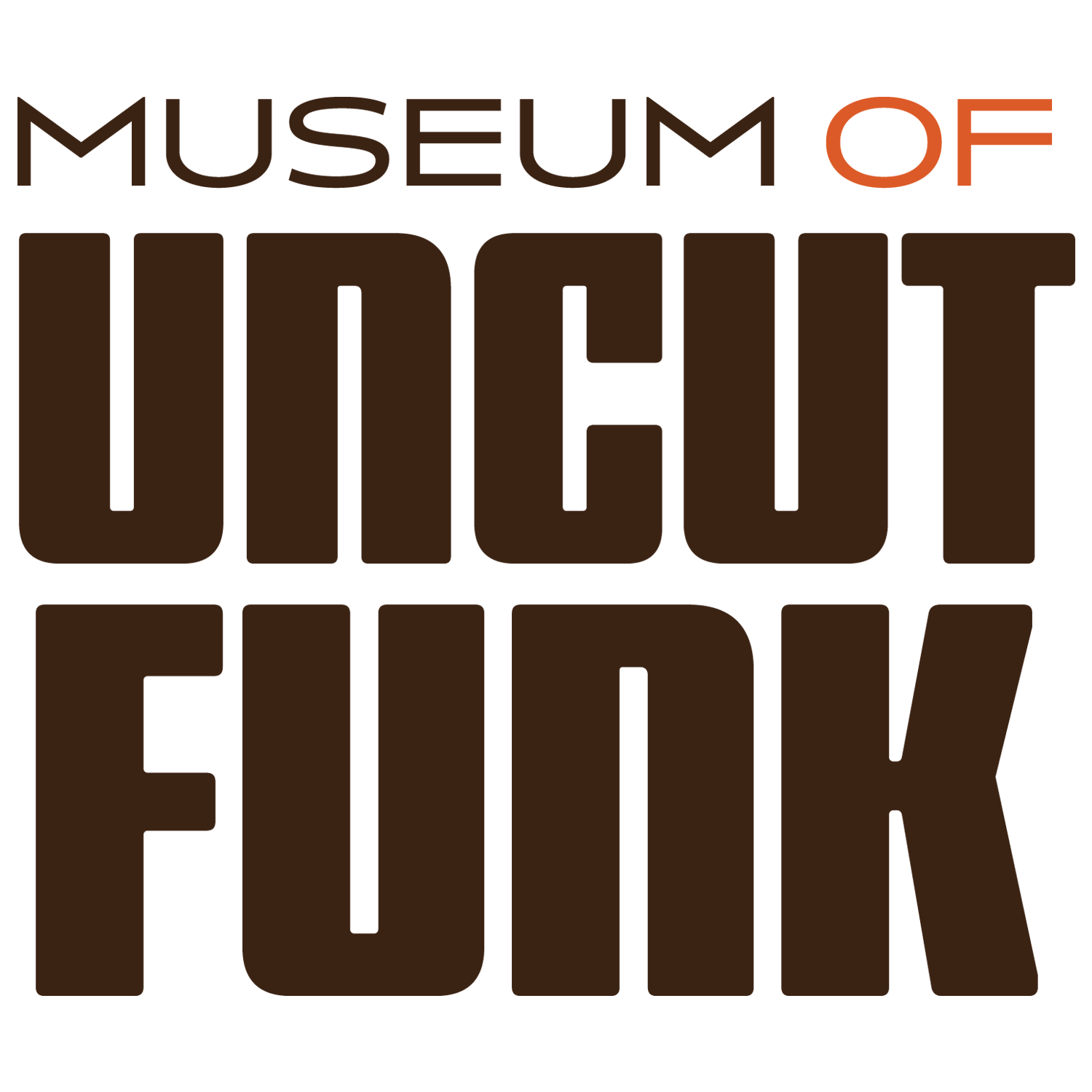
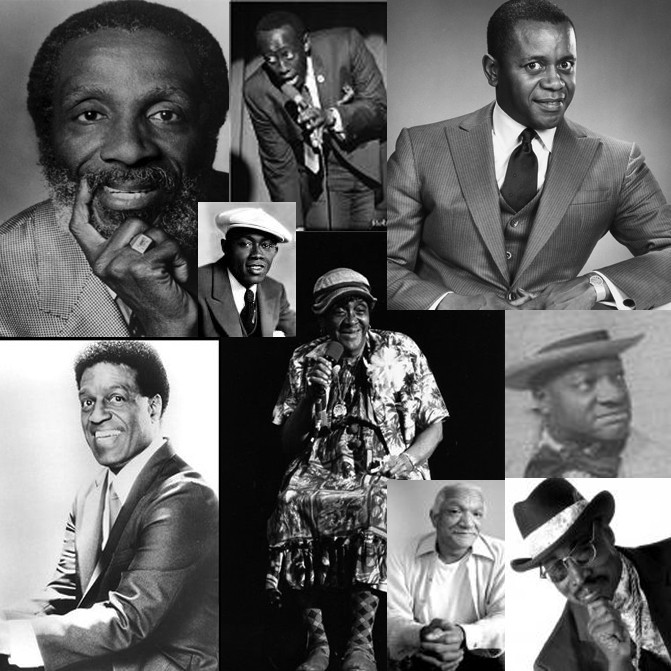
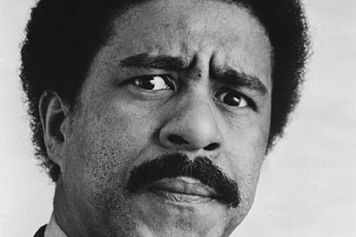
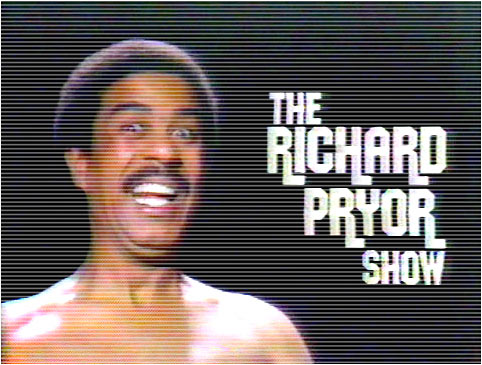
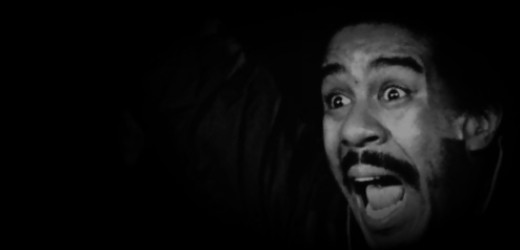
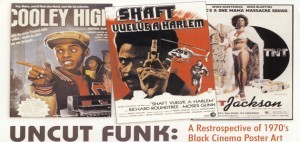
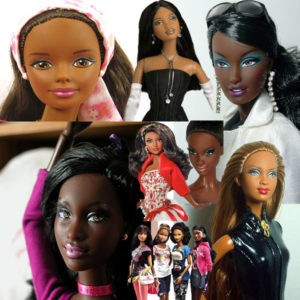
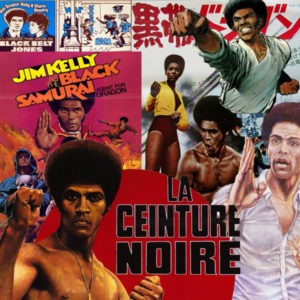
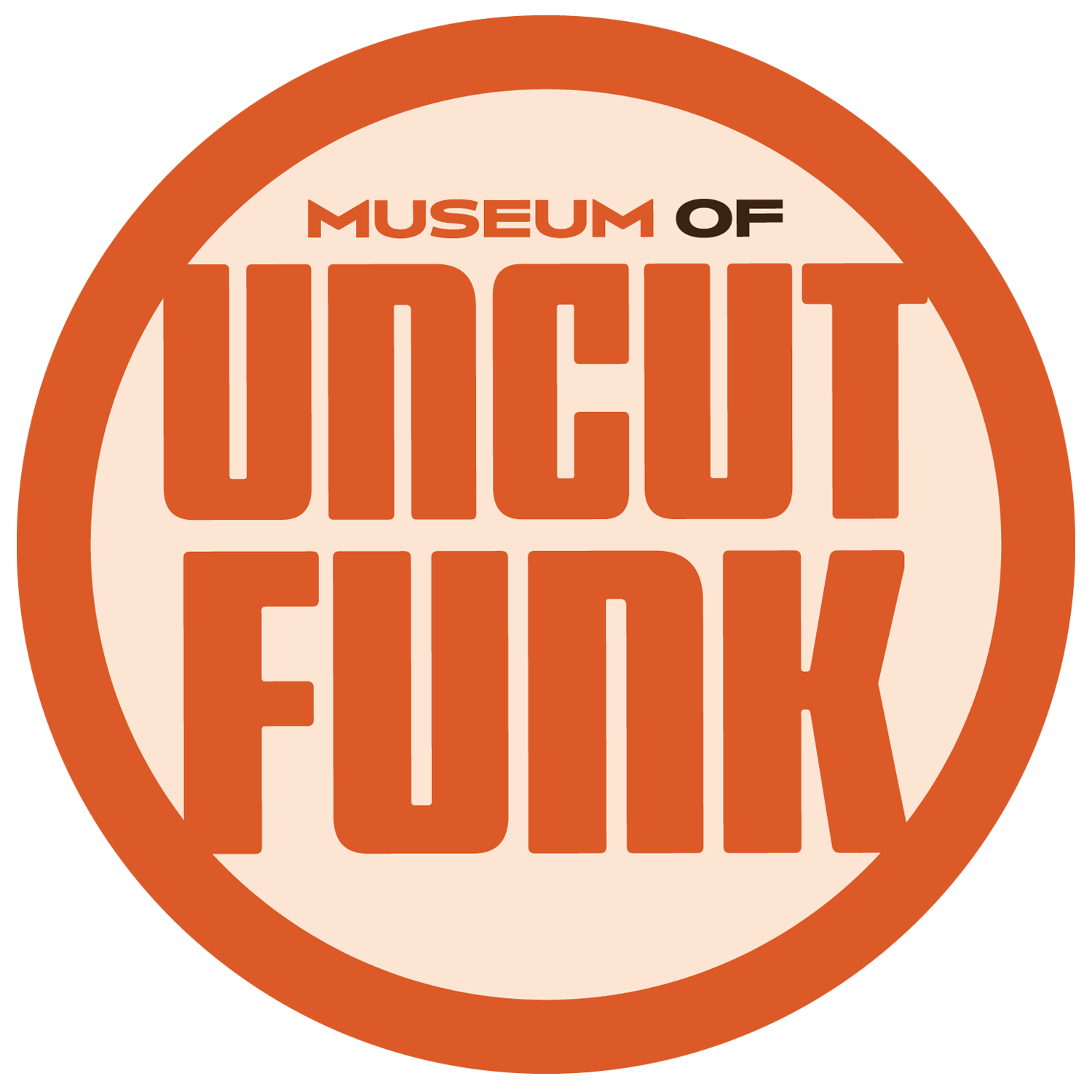
0 Comments